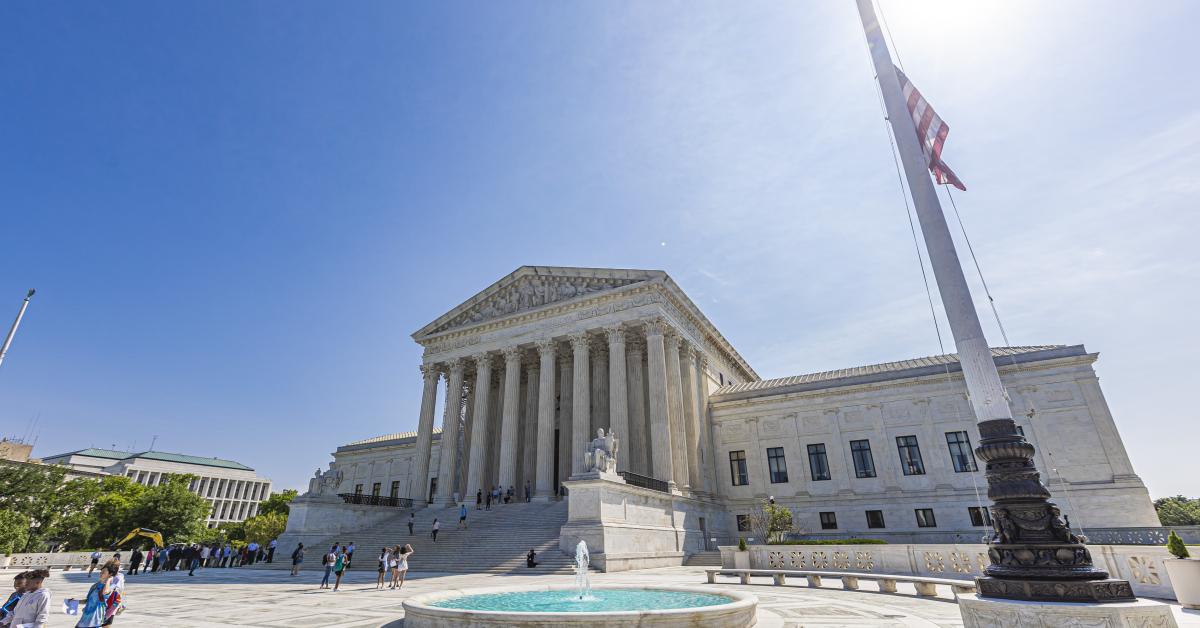We support our Publishers and Content Creators. You can view this story on their website by CLICKING HERE.

Judicial Watch, the legal watchdog organization, is calling on the U.S. Supreme Court to reverse federal court rulings that upheld Illinois’ law allowing mail-in ballots to be counted for 14 days after Election Day.
Roy Horras, a leader for an Illinois election integrity group, said that in a split decision, a Seventh Circuit U.S. Court of Appeals panel found that U.S. Rep. Mike Bost, R-Murphysboro, had no standing to challenge the provision. But now, the Fifth Circuit U.S. Court of Appeals just ruled in a separate Judicial Watch lawsuit that counting ballots received after Election Day is unlawful.
“The other case, in Mississippi, they had struck down the five-day rule. Somewhere between those two different appellate court jurisdictions, Judicial Watch is pushing it up to the Supreme Court to make a [uniform] judgment,” said Horras.
Judicial Watch President Tom Fitton said Illinois’ 14-day extension of Election Day thwarts federal law, violates the civil rights of voters and invites fraud.
“We have a civil rights lawsuit for Mississippi voters who object to that state counting absentee ballots for up to five days that arrive after an election,” said Fitton. “We also have a lawsuit in Illinois where they count ballots up to 14 days after an election, even without a valid postmark.”
When asked about Judicial Watch’s request that the Supreme Court review the Bost case, Illinois State Board of Elections spokesman Matt Dietrich said the agency does not comment on pending litigation.
Along with Bost, two presidential electors from Illinois joined the lawsuit aiming to prevent state election officials from extending election day for 14 days. Horras said the separate case in Mississippi might just boost the chances the Supreme court reviews the Illinois case.
“If two courts are hearing cases that seem to come together then it’s more likely it’ll get pushed up to the Supreme Court,” said Horras.
Fitton said federal law requires an “Election Day,” not an “Election Week” or “Election Month.”
“Counting ballots after election day is a great way to invite fraud and it undermines confidence in elections and it’s downright illegal,” he said.
The Seventh Circuit U.S. Court of Appeals ruled that Bost had no standing to challenge the provision, despite Judicial Watch arguing the increased costs and injuries to him caused by the two-week counting of ballots that arrived after election day.

 Conservative
Conservative  Search
Search Trending
Trending Current News
Current News 





